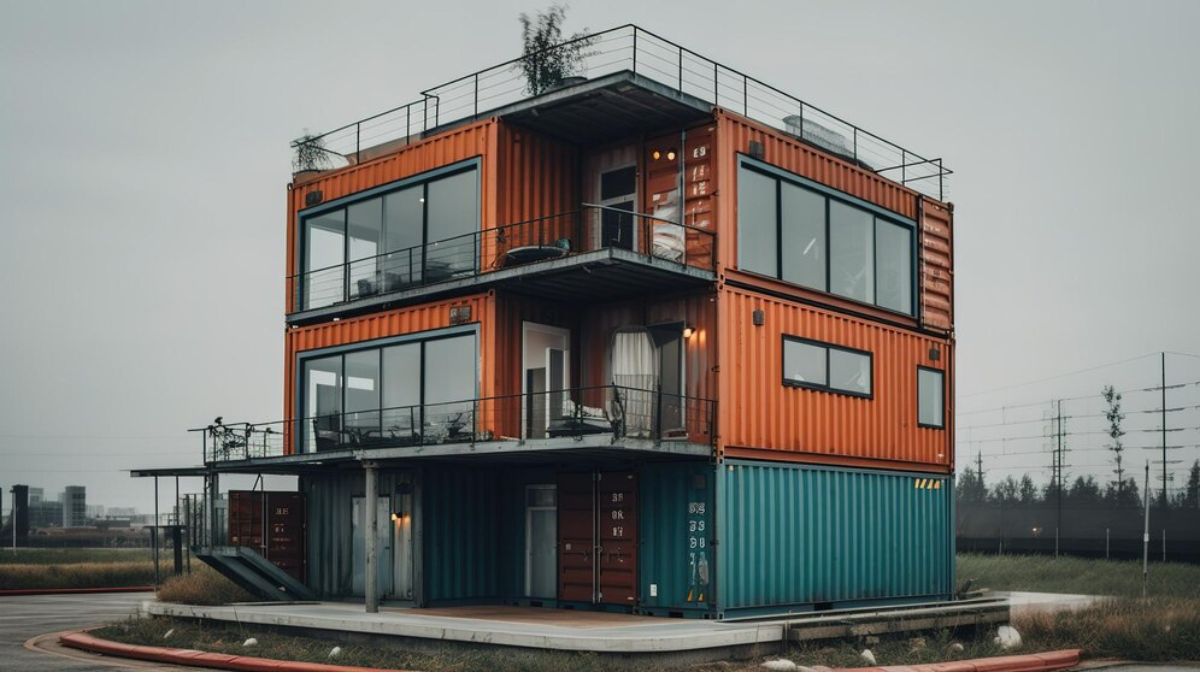The landscape of construction is evolving. Over the years, there has been a gradual shift in thinking, with an increasing number of developers recognising the advantages of modular buildings for their projects. This shift reflects a change in the fundamental approach to construction. While traditional construction is rooted in a project-based mindset, modular construction adopts a more product-oriented perspective.
Modular Buildings: A Paradigm Shift
How does this shift from a project-based to a product-based mindset influence your development? And how does the modular building industry drive this change?
Traditional construction typically revolves around creating unique structures tailored to a client’s vision, with each project having its distinct requirements. However, modular buildings are mass-produced in a controlled factory environment, making construction more akin to producing a “product.” When opting for a modular solution, you still manage a project, but the resulting structure can be seen as a “product.”
Modular building companies like Paragon Space, which create buildings in a factory setting and maintain product stock, are revolutionising the construction industry by transforming projects into products.
The Transformation through a Product-Oriented Approach
Shifting to a product-oriented approach offers several benefits for your development:
1. Increased Efficiency
- Modular construction significantly enhances site productivity, reducing project completion times by up to 50%. Simultaneous groundworks and readily available components expedite timelines.
- Efficiency is boosted by using fewer contractors, resulting in reduced labour costs and potential savings of 20%.
- Replicability and adaptability of previous designs or projects enable time savings for future endeavours.
2. Quality Control
- Modules are manufactured in a controlled factory environment, allowing for rigorous quality control measures.
- This process ensures higher-quality products due to precision and consistency.
- Uniform production across projects minimises the likelihood of faults or errors, leading to cost savings.
3. Flexibility
- Modular buildings combine the controlled production process with bespoke design capabilities.
- Customisation options are extensive, including adaptable wall partitions (solid or glass) that can be erected on-site to meet your specific needs.
4. Sustainability
- Modular construction aligns with environmental goals, reducing waste through controlled factory processes and precise material usage.
- High-quality, energy-efficient equipment minimises emissions.
- Modular buildings can be recycled or repurposed after their initial use.
The Modular Building Product
Modular buildings are like any other product, featuring an “off-the-shelf” element that signifies readiness. At Paragon Space, we maintain an inventory of complete buildings that can be shipped to your site within days. For more customised solutions, our design team is prepared to collaborate on your project.
While traditional construction methods may still be appropriate for specific projects, adopting a product-oriented perspective and considering modular construction can maximise benefits. The potential to save 50% on project timelines and reduce costs by 20% can significantly impact the success of your development.
For further insights into how modular buildings can enhance the outcomes of your projects, reach out to the friendly team at Paragon Space, located in Hull, East Yorkshire.
READ MORE: Metal Buildings as Recreational Spaces: Gyms, Hobby Rooms, & More











